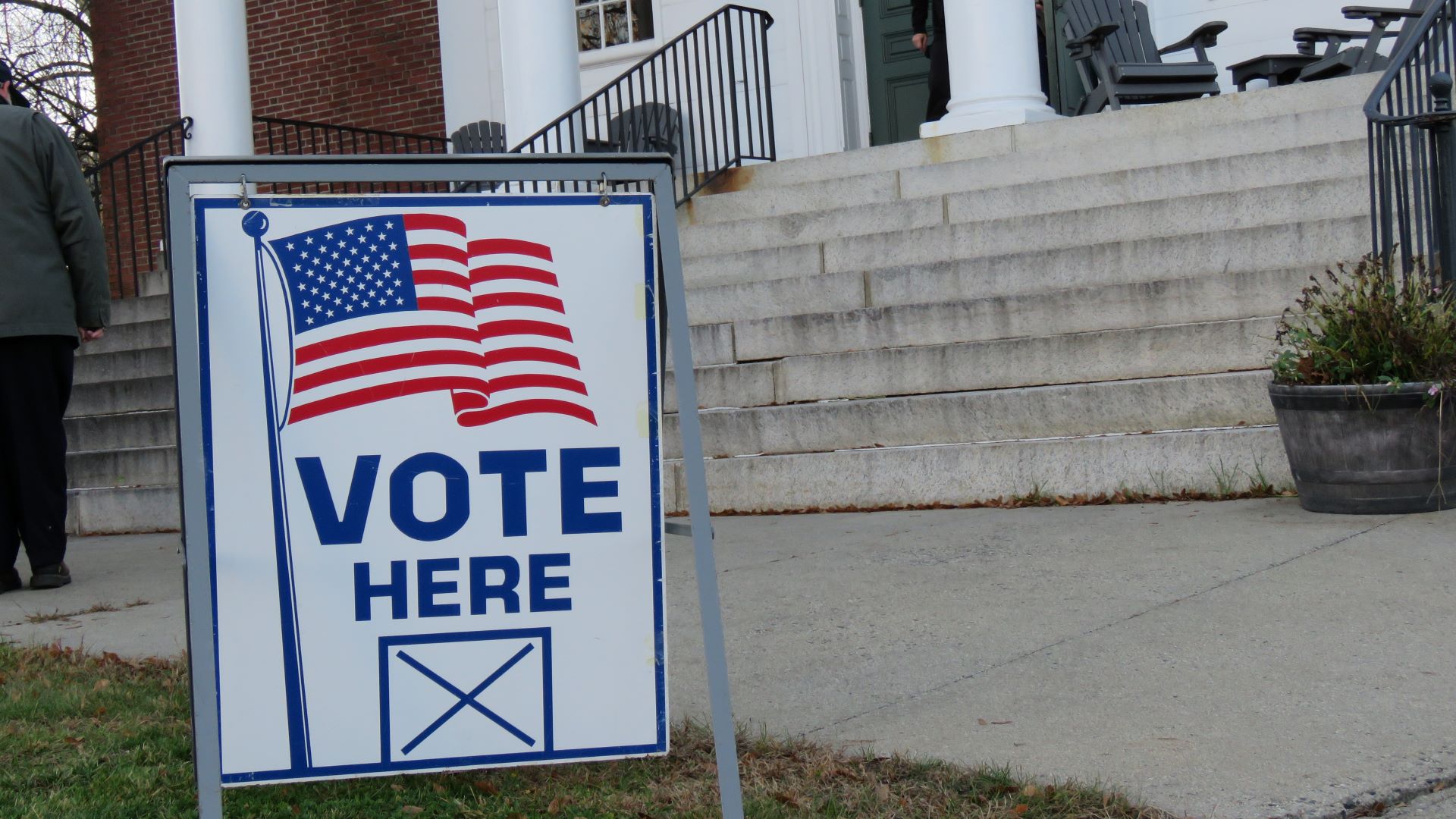If former South Carolina Gov. Nikki Haley and Florida Gov. Ron DeSantis have not seen the 2022 Netflix sports documentary “It Ain’t Over . . . ,” they should.
In it, baseball Hall of Famer Yogi Berra’s oft-cited aphorisms, known for their humorous turns of a phrase, are revealed to be deeper and more truthful than any of us thought. Two are particularly apt for this year’s Republican presidential nomination contest.
“It ain’t over ‘til it’s over.” Even if Haley somehow pulls out an improbable victory or even a close second-place finish in this week’s New Hampshire primary, it’s over. She will lose in her own state, which is the next major primary, and her campaign is all but nonexistent in the primaries that pile up after that.
DeSantis may well finish behind candidates no longer actively campaigning in New Hampshire. His campaign is already laying off staff.
“When you come to a fork in the road, take it.” When Berra originally said that, he was giving directions to his rather remote New Jersey home. The main road went one way, the fork toward his home went the other. Haley and DeSantis have reached a fork in the road.
They can continue on the primary path — and lose again and again — or they can take the path that leads home. If not now (and realistically now is the time), after the South Carolina primary they each will have reached that fork in the road; they each should take it.
And that will lead to the inevitable nomination of Donald J. Trump, making him only the third person in the last 100 years to win three major party presidential nominations, joining Franklin D. Roosevelt, who won the Democratic nominations and general elections in 1932, 1936, 1940 and 1944, and Richard M. Nixon, who won the GOP nomination in 1960 but lost the general election to John F. Kennedy, then came back to win nominations and elections in 1968 and 1972.
Trump’s nomination, however, leads to forks in the road for other Republicans.
Do they support him and concede the GOP to his brand of MAGA Republicans or do they take another path? Do they see Trump’s attacks on government institutions — the Justice Department, the FBI, the IRS, the court system, the electoral process, Congress itself — as legitimate politics, or do they see Trump’s view of government and approach to politics as threatening to our democracy?
Opposing Trump essentially means backing Joe Biden. And most of the anti-Trump Republicans fundamentally disagree with Biden on policy question after policy question. Biden believes in the functioning of our government; he believes in negotiating compromises to reach proximate solutions to pressing national issues, rather than holding out for the ideal, unattainable in a divided democracy.
But he starts from a position very different from most Republicans, even those who oppose Trump. His starting point is to make the government work better for the people. Theirs is often to have fewer government programs and less spending, at least on domestic programs.
Supporting Trump, on the other hand, means accepting that Biden’s 2020 election victory was illegitimate, despite more than 60 courts, at various levels, ruling that claims of fraud were unfounded.
It means accepting that the Justice Department, prosecutors at the federal and state level, grand juries in at least four jurisdictions, judges and juries in a variety of jurisdictions, are colluding against Trump, that the judicial “system,” as if there were one system, is out to get him.
It would mean accepting that those who attacked the Capitol on Jan. 6, 2021, many of whom have been found guilty of a variety of crimes and sentenced to time in jail, were “good, patriotic Americans” who did nothing wrong and are being held “hostage,” in the words of the ex-president.

Some Never-Trump Republicans, like former New Jersey Gov. Chris Christie, former Ark. Governor Asa Hutchinson, and former Wyo. Congresswoman Liz Cheney and her father, Dick Cheney, the former vice president, have said they will do whatever they can to keep Trump from returning to the White House.
Others, like Senate Minority Leader Mitch McConnell (R-Ky.) and three others on his leadership team, and Maine Sen. Susan Collins, Alaska Sen. Lisa Murkowski, and Utah’s retiring senator, Mitt Romney, have remained neutral in the GOP primary battle. But that battle is all but over. None has yet to say what they will do to oppose Trump. They cannot imagine supporting Biden over a Republican.
The No Labels party has qualified for the ballot in more than a dozen states, including some battleground states, and threatens to run a ticket with one Republican and one Democrat if the two major parties nominate Trump and Biden, as they will. No Labels has yet to counter charges that its ticket would benefit Trump. Candidates who seek the No Labels nomination must counter that claim as well.
These uncommitted Republicans are approaching the fork in the road. The next two months will be crucial for their decisions and the general election.
Between now and Biden’s State of the Union address in early March, the Republican nomination will be secured by Trump; the Supreme Court will likely rule on a number of cases involving Trump’s legal jeopardy, including his claim of total immunity from prosecution for any acts he undertook while president; Congress will face a number of deadlines to fund programs or shut down the government; efforts to reach a bipartisan compromise on immigration policy will have reached fruition or not; the Israel-Hamas war will have abated or reached even more of a crisis situation, and Biden will either have prodded Israel toward a more humanitarian means to its legitimate end or failed; and American leadership in assisting Ukraine resist Russian aggression will have been solidified or abandoned.
In each case — and in all likelihood others not yet predictable — Biden’s ability to lead, to compromise with Republicans, to cajole world leaders to follow the path he sets — will be tried and tested.
The Never Trump Republicans will have a clearer picture of what lies down each fork in the road.
If Biden navigates these incredible trials, as he has done to a large extent over his first three years in office, these Republicans will have to decide if they are willing to cede their party — the party of Reagan and the two Bushes — to Trump and his followers, or if they will oppose him, even if it means backing Biden, in hopes of winning back the traditional Republican Party on which they built their careers.
That fork in the road seems inevitable. Which direction they will take seems much less predictable.







